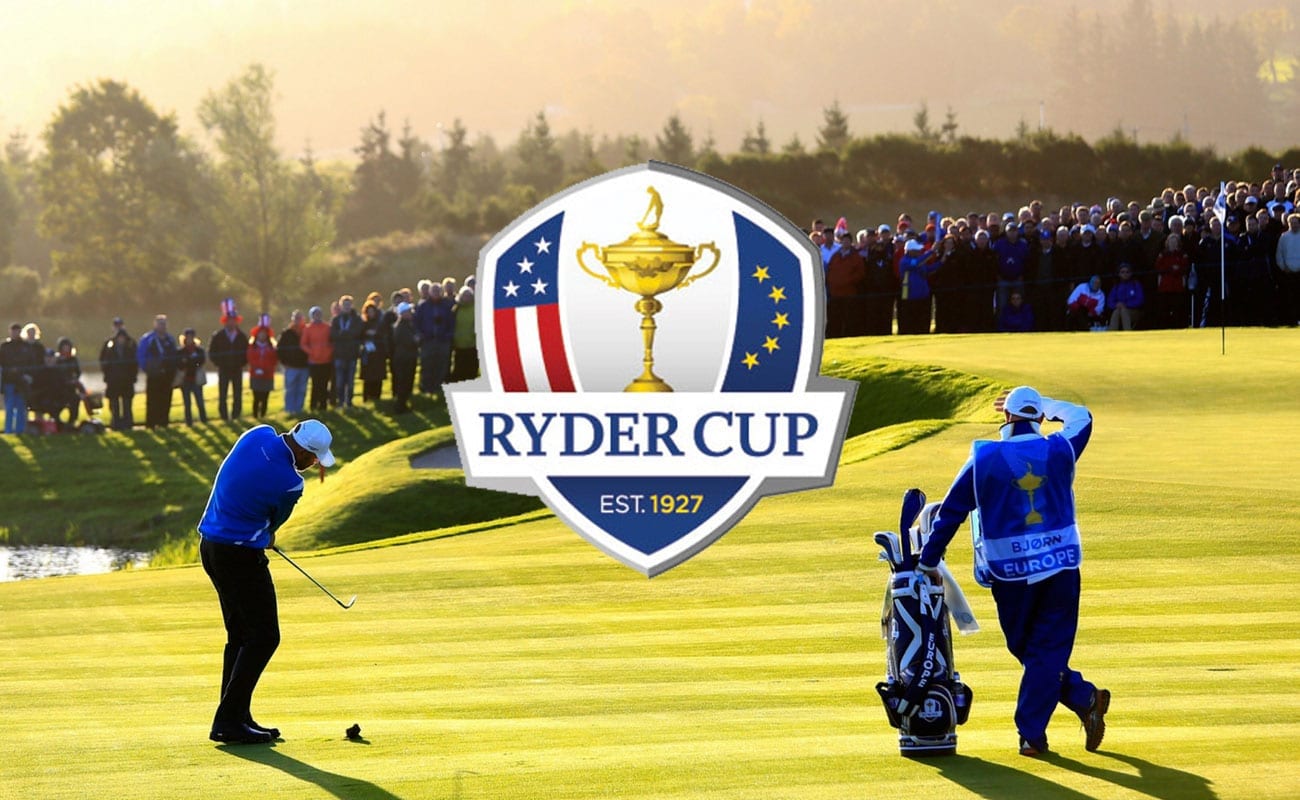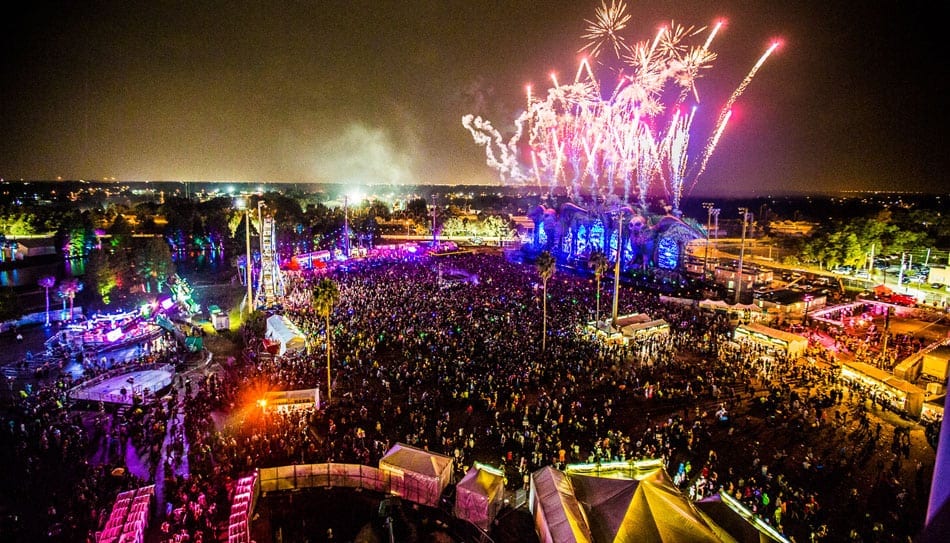<![CDATA[BY: ARON BURTON, Sales Development Rep There are over 7,500 beer festivals in the US alone, and the scene has hopped up considerably in the last few years. Long gone are the days when you could just show up in a car park with a few kegs and some brats and call yourself a beer fest. Today the offering has diversified, the logistics are dialed, and technology has become ingrained – and exactly the same can be said for music festivals. There are many things that event organizers can learn from one another, and to get a bit deeper into how beer festivals like the Utah Beer Festival, Left Hand Brewing’s Hops and Hand Rails, and America On Tap have blazed the trail, I sat down with my colleague, Justin Moffatt, to dig into the topic. Moffatt spent 11 years on the vendor side of the beverage industry, and knows very well where beer festivals are excelling and driving innovation to the wider festival industry.
Faster Transaction Time
It’s a terminal frustration to be standing in a long, roasting hot line at a music festival waiting for a beer because everyone is fumbling around with cash. Beer festivals seem to have identified this gripe faster than music festivals and have fully embraced cashless bars and RFID payment.
“I’ve certainly noticed recently that your average beer festival can handle a line of 30 people in the same time that a music festival can do five or six,” notes Moffatt. “They’re just more organized and that comes down to planning.” If you can get your bar flowing like cold IPA out of the tap, with well-trained local staff and cash-free situation, you’re going to have a huge effect on overall customer satisfaction, on-site logistics, and your bottom line.
Going Local
Beer festivals have absolutely nailed the concept of keeping things within the community. Whether it’s the unique, hyper-niche craft beer itself, the locally-sourced food vendors, or the old bluegrass band plucking away in the corner, bringing together local communities is a huge part of beer festival culture. Booking local means that your event can become part of the community, and be welcomed back year after year. There are many areas in which music festivals can integrate the local community, and if longevity is a priority, they should be looking to craft beer festivals for examples.
The Specifics of Sales Data
While data has become an integral part of festival economics, beer festivals have been adept at getting into the micro details of their sales. “We’ve found that beer vendors are getting into the numbers daily and tweaking their stock and inventory based on the information that they are gathering,” Moffatt explains, “which allows them to really adapt to what the consumer wants and be concise in their product ordering.” Music festivals seem less inclined to get this deep into the data, but simply becoming more attuned to the numbers, and using them for consumer outreach post-event, could add value to your operation.
Diversifying Content
Beer festivals realized pretty quickly that if you only have beer, your “festival” is going to become a rager. Having music, food, comedy, an area to drop off children, or activations from local businesses can keep the patrons happily moving around a festival site for hours. Music festivals tend to last all weekend, and you have to be conscious of the fact that people will occasionally tire of dancing and will need some interesting art installations to explore, or something other than slimy hot dogs to eat. Don’t just mix up the music. Keep people engaged beyond the primary focus of the event and diversify the experience.
Managing Intoxication
The average punter isn’t coming to a beer fest to get turnt and twerk their neon orange rave chaps against the nearest stranger. It’s about the experience of tasting beers, not crushing beers. And while the audiences at your average music festival and beer festival are attending for fundamentally different reasons, beer festivals are able to manage the intoxication of their patrons considerably better. “Beer festivals do a really good job of training their servers and bartenders to know when someone needs to get cut off,” Moffatt explains, highlighting the crucial work being done pre-festival with staff and local authorities. “But also that well-trained staff can drive educational conversation about the product and that generally leads to a calmer event.” By offering better beers in smaller glasses they create a culture of flavor over feeling, and there probably isn’t a music festival in the land that wouldn’t prefer to sell a little less beer for a little more profit.
Prioritize the Experience
“Beer festivals have grown tremendously in the last few years because they have started to prioritize the experience, and they have taken their pretty narrow focus and expanded that into something anyone can enjoy” explains Justin. “There’s entertainment, amazing food, and a ridiculous selection of interesting beers for people to try.” Music festivals too have recognized this appetite for diversity, and many of the best events have transformed into arts and lifestyle festivals. But it’s clear that when it comes to serving and managing alcohol, opening your doors to the local community, and going deep into the data, there’s a lot that the average promoter could learn from quaffing his or her way through a beer festival.]]>


